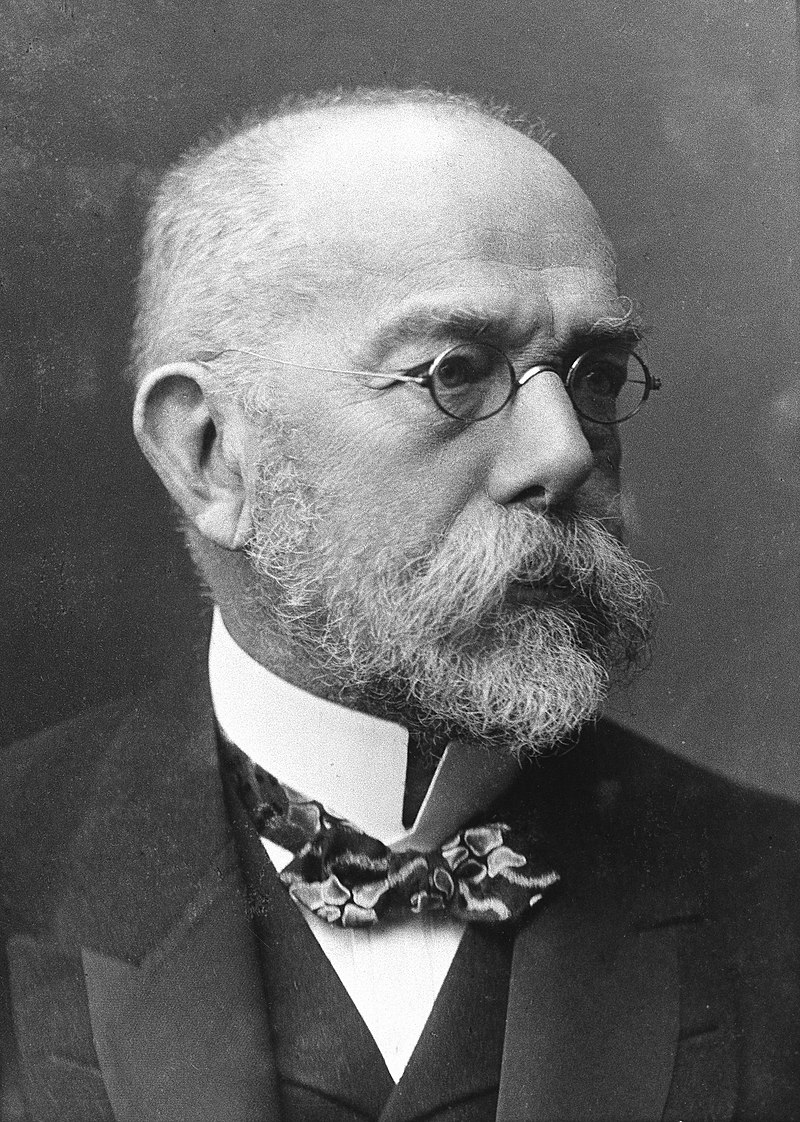Imagine a time when a tuberculosis diagnosis was akin to a death sentence. This grim reality was forever altered on March 24, 1882, when German scientist Robert Koch made a groundbreaking discovery. He identified Mycobacterium tuberculosis as the cause of tuberculosis, a revelation that advanced the understanding of infectious diseases and confirmed germ theory, thereby shaping modern medicine. Koch’s research paved the way for diagnostic techniques and treatments that have since saved millions of lives.
Back then, tuberculosis was a global scourge, claiming millions of lives. Koch’s painstaking research revealed the bacterial cause of the disease, leading to improved diagnostic methods and life-saving treatments. His findings were so profound that they earned him the 1905 Nobel Prize in Physiology or Medicine, sealing his legacy as a pioneer of history.
Fun Facts:
- Before Koch’s discovery, tuberculosis was considered hereditary rather than infectious.
- It’s fascinating to note that Koch’s work confirmed germ theory, a concept that was still hotly debated at the time. His research was a significant step toward understanding the true nature of infectious diseases.
- Koch developed new staining techniques to visualize bacteria under a microscope.
- His research laid the groundwork for the development of the vaccine and antibiotics.
- Koch’s discovery was a game-changer in medical science. It transformed tuberculosis from a fatal disease to a preventable and treatable one. His work, which remains a cornerstone of microbiology and infectious disease research, has saved countless lives and continues to inspire advancements in the field.

